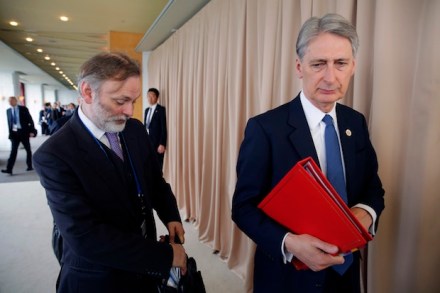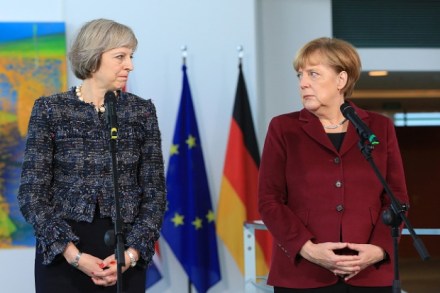May’s big chance
It is the fate of all new prime ministers to be compared with their recent predecessors. Theresa May has already been accused of being the heir to the micro-managing Gordon Brown. Her allies, meanwhile, see a new Margaret Thatcher, an uncompromising Boadicea destined to retrieve sovereignty from Europe. But perhaps a more fitting model for May would be a less recent Labour prime minister: Clement Attlee. When Labourites reminisce about Attlee, it isn’t so much the man himself who makes them misty-eyed. It is the achievements of those who worked for him — Nye Bevan, Ernest Bevin and the rest. Attlee’s government created the welfare state and the National Health




















